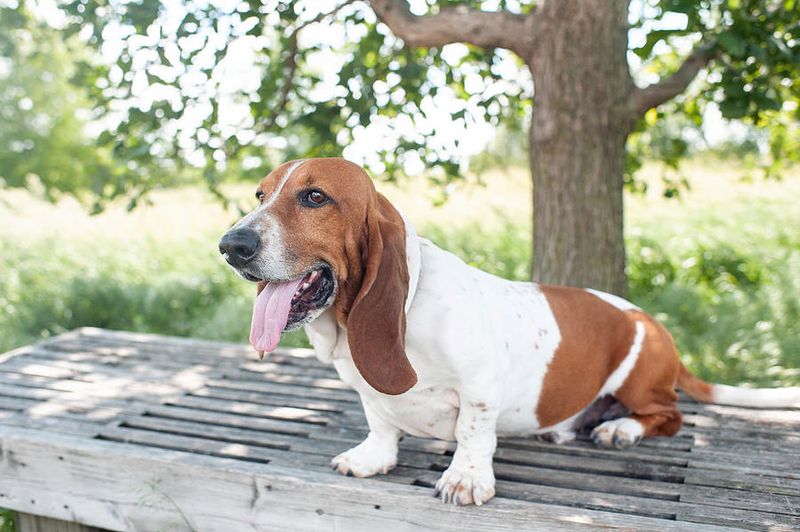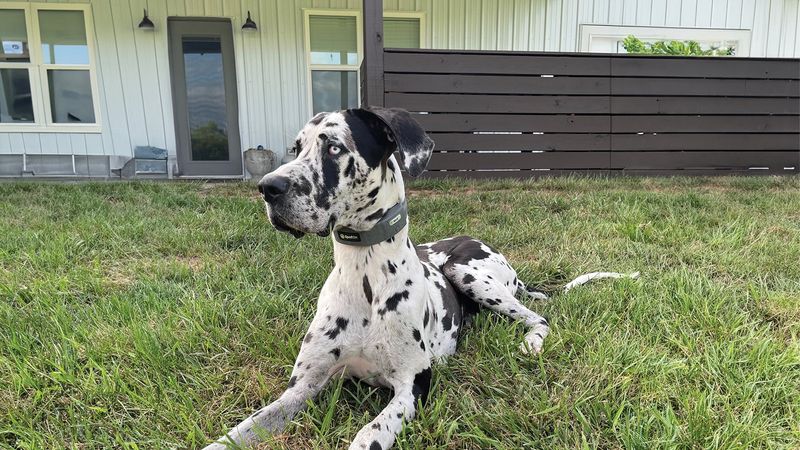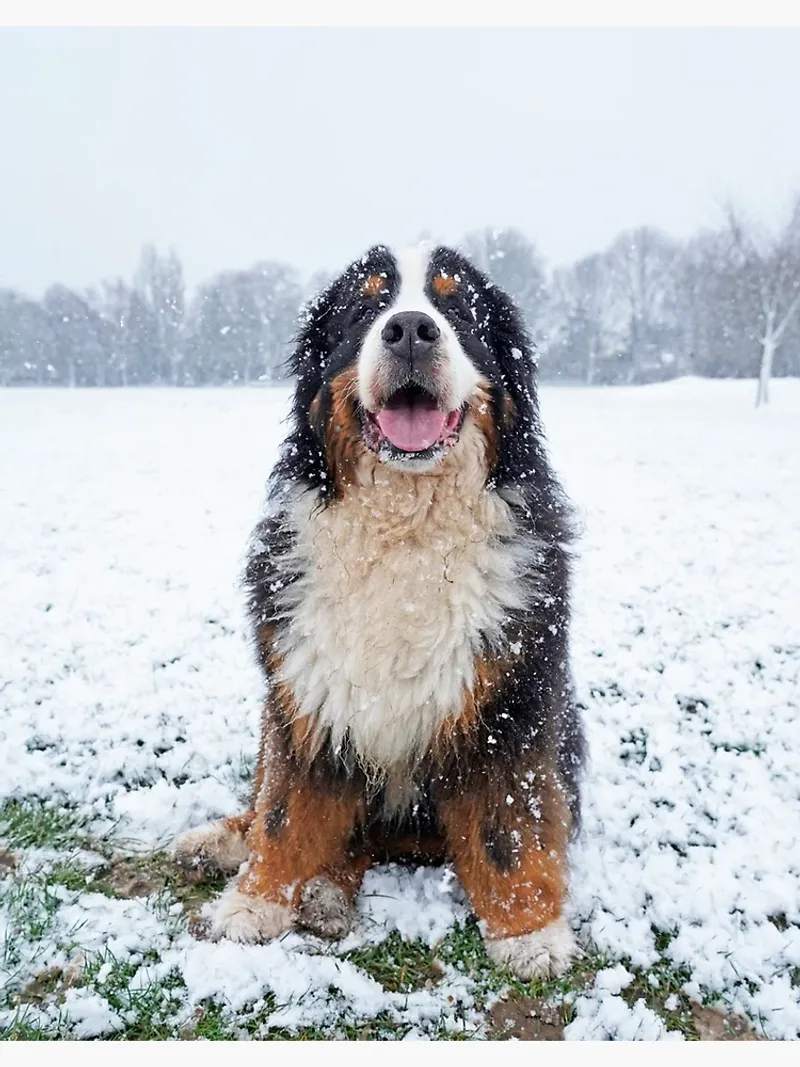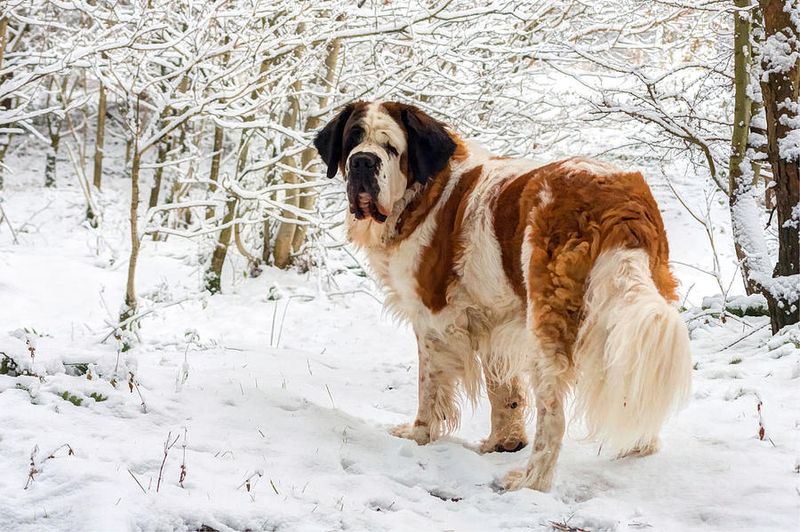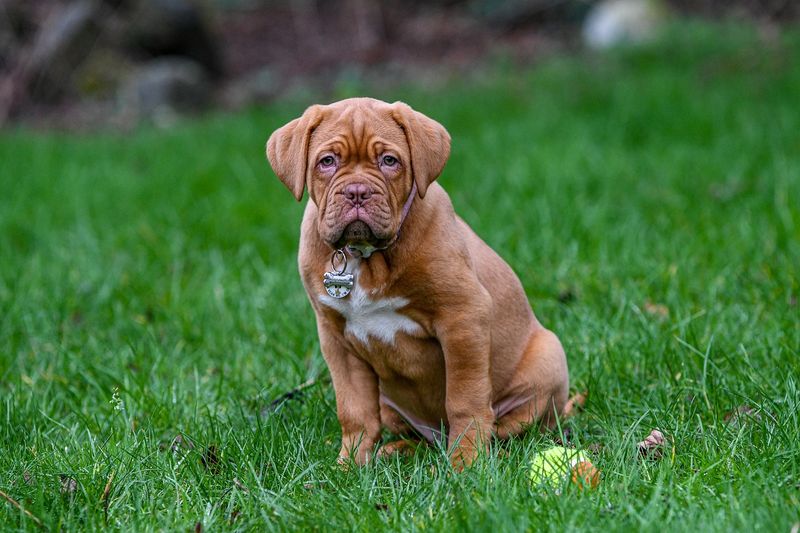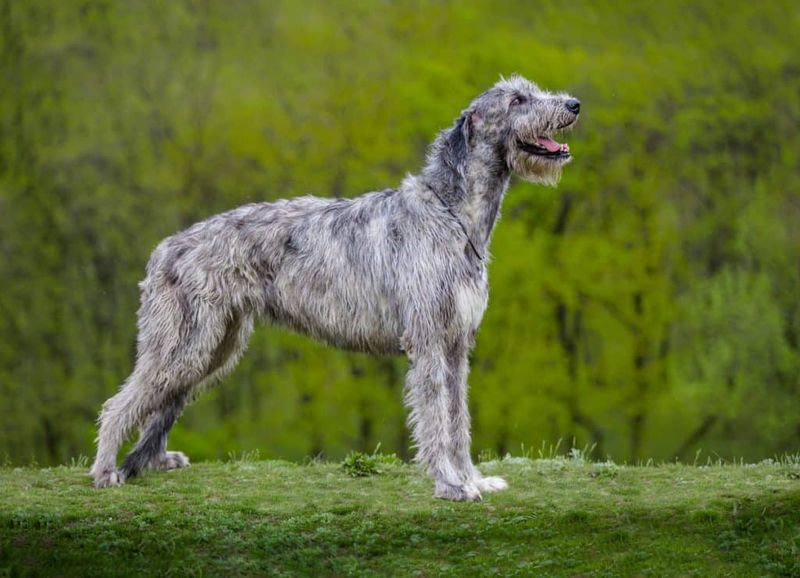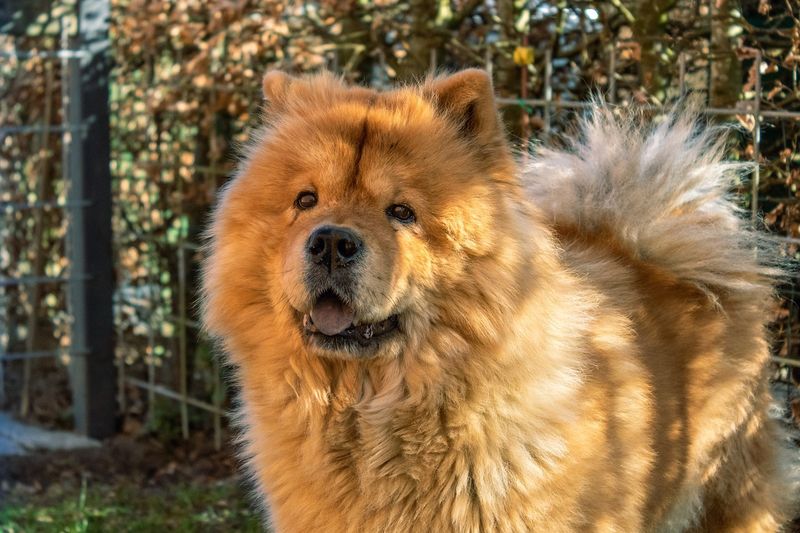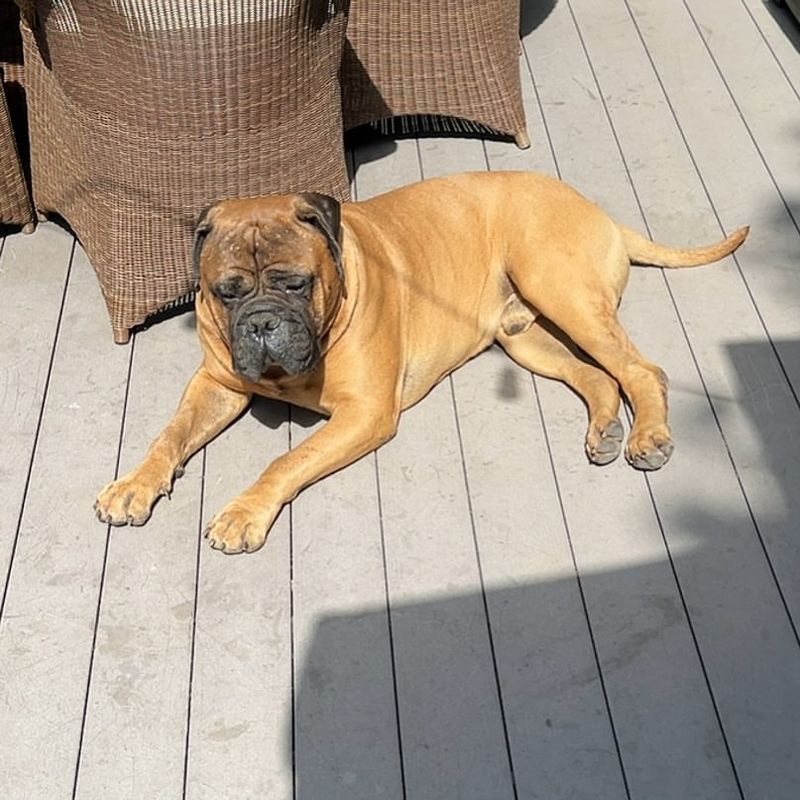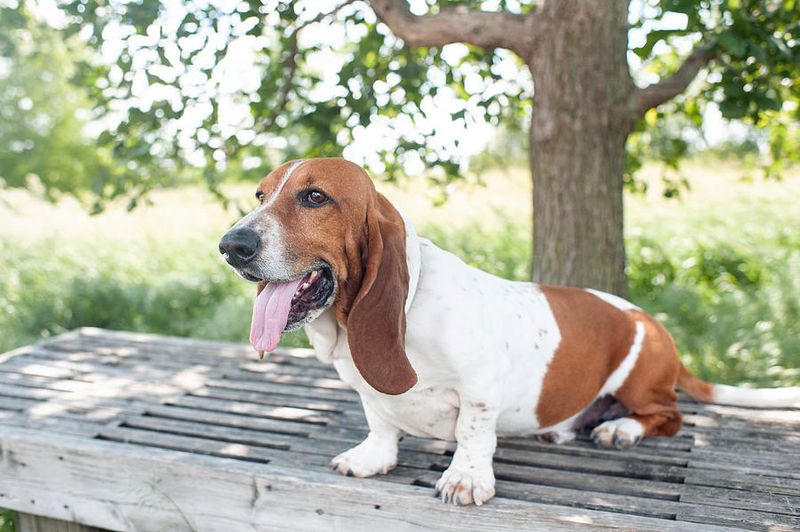Owning a dog brings immense joy, but it’s essential to be aware of the life expectancy of different breeds. While all dogs deserve love and care, some breeds have shorter lifespans due to various genetic factors. Here, we explore 12 dog breeds known for their shorter lives, providing insights that every potential owner should consider. This information can help in making an informed decision about adopting these lovable companions.
Bulldog
Bulldogs are known for their friendly and courageous nature, but they often have a lifespan of only 8 to 10 years. Their unique physical characteristics, such as the flat face and stocky body, contribute to respiratory and joint issues.
Owners should be prepared for regular vet visits and consider special diets to maintain optimal health. Despite these challenges, Bulldogs make affectionate companions who thrive in family settings. Regular exercise and routine check-ups can enhance their quality of life, ensuring they stay happy and healthy for as long as possible.
Great Dane
Great Danes are gentle giants, boasting a loving disposition but a relatively short lifespan of 7 to 10 years. Their large size often results in heart and joint problems, necessitating careful monitoring.
These dogs require ample space and moderate exercise to prevent obesity. Ensuring a balanced diet and regular check-ups can prolong their lives. Despite their size, Great Danes are known to be great family pets and are surprisingly gentle with children. Early socialization and training are essential for a well-adjusted Great Dane.
Bernese Mountain Dog
Bernese Mountain Dogs are cherished for their affectionate nature and striking tri-colored coats, yet they typically live only 6 to 8 years. Genetic predispositions to cancer and hip dysplasia are common concerns.
Owners should ensure regular vet check-ups and engage them in gentle activities to maintain fitness. These dogs flourish in cooler climates and adore family interactions. Providing a nurturing environment can help them live fulfilling lives. It’s crucial to be prepared for potential health challenges when adopting a Bernese Mountain Dog.
Boxer
Boxers are energetic and loyal, but they often live between 9 and 11 years. Prone to heart conditions and cancers, regular veterinary care is vital.
These dogs require ample exercise and mental stimulation to prevent boredom. Boxers are known for their playful nature, making them excellent companions for active families. Training sessions that focus on obedience and agility can be both fun and beneficial for their health. Proper care and attention can enhance their life expectancy, allowing them more years of healthy living.
Saint Bernard
Saint Bernards are gentle giants with a lifespan ranging from 8 to 10 years. Their massive size can lead to issues such as hip dysplasia and heart problems.
These dogs thrive in colder environments and love being part of a family. Regular exercise and a balanced diet are crucial to avoid obesity. Their calm and patient demeanor makes them ideal for families with children. Monitoring their health closely through regular vet visits can help in addressing potential health concerns early.
Dogue de Bordeaux
The Dogue de Bordeaux is renowned for its loyalty and protective nature but typically has a lifespan of only 5 to 8 years. Their large, muscular build makes them prone to heart issues and hip dysplasia.
Owners should prioritize regular health screenings and maintain a balanced diet to promote longevity. These dogs are affectionate and do well in homes where they receive plenty of attention. Providing mental stimulation and safe exercise routines can enhance their quality of life.
Irish Wolfhound
Irish Wolfhounds are among the tallest dog breeds, living between 6 and 8 years. Their towering stature can lead to heart and bone problems, demanding vigilant care.
These gentle giants need spacious environments and regular, moderate exercise to stay healthy. Their friendly and calm nature makes them excellent companions, especially in homes with ample space. Early training and socialization are crucial to manage their size and energy levels.
Rottweiler
Rottweilers are known for their strength and loyalty, living approximately 8 to 10 years. Their robust physique may lead to joint issues and cancers, requiring attentive care.
These dogs are intelligent and thrive with structured training and regular exercise. Providing mental challenges and consistent socialization ensures they remain well-adjusted. Rottweilers are protective family members and do well in homes where they are part of daily activities. Ensuring a healthy lifestyle is key to extending their lifespan.
Newfoundland
Newfoundlands are cherished for their sweet nature and excellent swimming skills, yet they generally live only 8 to 10 years. Their large size often results in heart and joint problems.
These gentle giants appreciate water activities and regular exercise to maintain health. They thrive in family settings and are known for being great with children. Owners should be vigilant about their health, ensuring regular check-ups and a balanced diet to prevent obesity.
Chow Chow
Chow Chows are distinguished by their lion-like mane and aloof demeanor, typically living 8 to 12 years. Prone to skin issues and hip dysplasia, they require attentive care.
Regular grooming and a balanced diet are essential to prevent health complications. These dogs are independent yet loyal, flourishing in homes that respect their reserved nature. Training should be patient and consistent to bring out their best characteristics. With proper care, Chow Chows can lead healthy, happy lives.
Bullmastiff
Bullmastiffs are known for their gentle yet protective nature, living around 7 to 9 years. Their muscular build can lead to issues like hip dysplasia and bloat.
Regular veterinary care and a balanced diet are crucial for these dogs. They thrive in family environments where they can be active and engaged. These loyal companions are excellent watchdogs and thrive with consistent training and social interactions.
Basset Hound
Basset Hounds are adored for their droopy ears and calm demeanor, typically living 10 to 12 years. Their long bodies and short legs can cause back issues, necessitating careful handling.
These dogs require moderate exercise to maintain a healthy weight and prevent joint problems. Known for their strong sense of smell, they enjoy scent-based games and activities. Providing a balanced diet and regular vet check-ups can help prolong their lives, ensuring they remain joyful companions.
